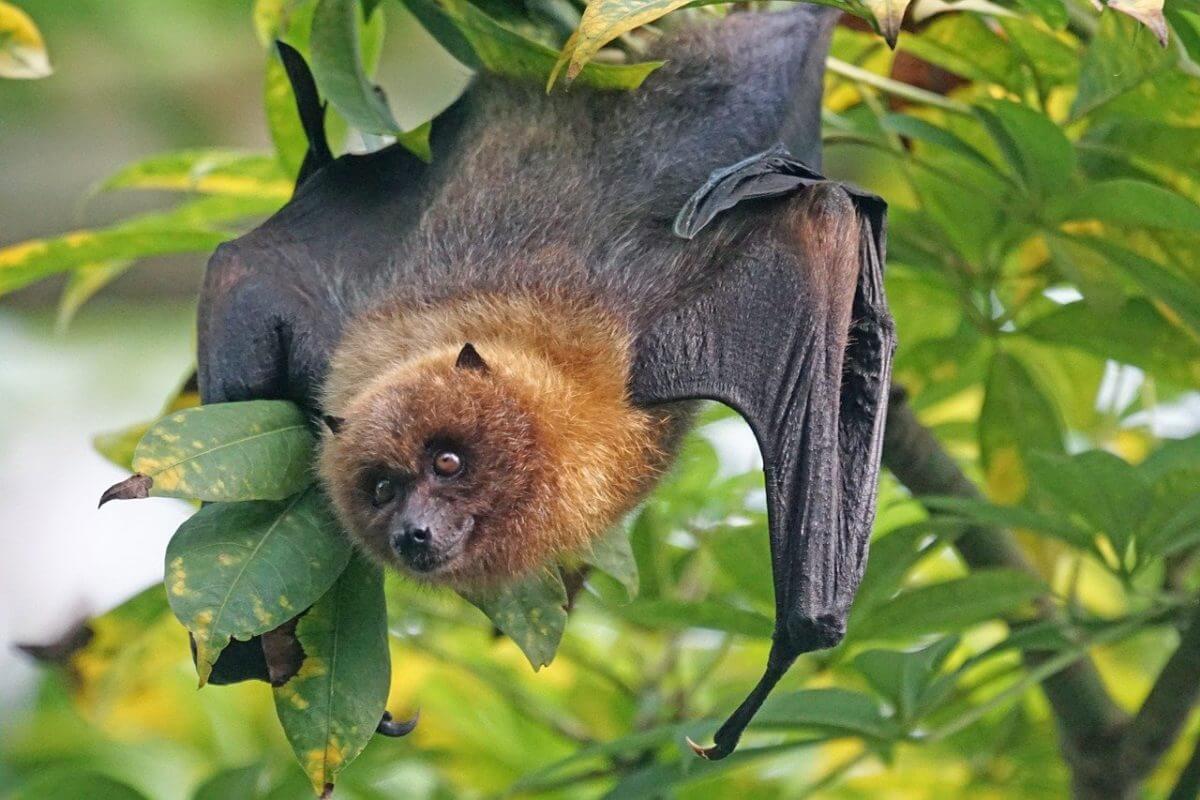The link between Bats and Viruses
What do you think of when you think of mammals? Most people’s answers are cats and bears, lions, lemurs, dolphins and even platypus, etc. But the first thing that comes to your mind will be the long, black and scary bats?
The Bat-Vampire Connection
In human civilization, bats have always been regarded as a symbol of “darkness and death”, and many movie themes such as Dracula are conceived with bats as a reference. Why are bats associated with vampires? The reason is that taxonomists roughly divide bats into two suborders according to their size: the Greater Pteropod and the Lesser Pteropod. The former is larger and mostly feeds on fruits, such as fox bats (with a wingspan of 90 cm); the latter is smaller and not only feeds on insects but also on meat and blood. In addition, bats are nocturnal animals, and are often seen at night, so they are associated with vampires.
Types of bats and viruses
Although unpleasant, bats are closely related to human society: bats are intermediate hosts for many viruses, such as Ebola, Marburg, Nipah, and SARS viruses, which can survive in bats. There are also five coronaviruses (listed below) that use bats as the carrier species. An intermediate host means that the parasitic species (think of it as a virus) delivers itself to the final host (human) through the intermediate host (bat) as a vector.
| Type | Virus |
| Scotophilus kuhlii | Coronavirus 512 |
| Miniopterus fuliginosus | Coronavirus 1A |
| Rhinolophus formosae | Coronavirus HKU2 (SARS-like coronavirus) |
| Pipistrellus javanicus | Coronavirus HKU5 |
| Myotis lucifugus | MERS-like coronavirus |
Causes of bat-virus coexistence
Surprisingly, as carriers of many viruses, bats seem to be unaffected and able to continue their species. In order to better understand the mechanisms involved, human research has revealed that the key lies in the bats’ genes, immune system and body temperature, the three keys that allow bats and viruses to coexist peacefully with particularly aggressive viruses.

Genetic analysis of bats revealed that bats have characteristics such as DNA repair, cancer suppression, and the ability to modify genes to make them less susceptible to disease. Second, bats lack the PYHIN gene, which is capable of detecting exogenous DNA, such as viral DNA, and upon detection of exogenous DNA, the PYHIN gene will induce Type I Interferon, which induces a series of immune responses. Since some excessive immune responses are responsible for the death of humans after infection with viruses, it is hypothesized that the lack of PYHIN gene is a major cause of bats and viruses coexistence.
On the other hand, because of the energy required to fly, the body temperature of bats is much higher than that of other mammals and can reach 40 degrees Celsius during flight. Fortunately, some viruses cannot tolerate high temperatures and cannot grow effectively to cause disease.
It is also said that the high temperature of bats during flight and the low temperature of bats at rest have allowed viruses to evolve in the bats to become more adaptable and survivable. In addition, bats can be said to be a very long-lived mammal, with a life expectancy more than three times that of other mammals when converted to the same body size, and 18 of the 19 mammal species that live longer than humans are bats. Therefore, the virus has been passed down from generation to generation in the bat population.
The association of bats and viruses with humans
Although bats may sound like a sinful species, they have been stigmatized. Despite the fact that bats carry many viruses, only three are transmitted to humans, one of which is the Rabies virus. However, most statistics have also found that rabies virus is mostly transmitted from dogs to humans.
In recent years, COVID-19 has caused panic around the world. In retrospect, human reclamation has increased our contact with bats and accelerated the spread of the virus, so perhaps we should keep a distance from animals, and not excessively reclaim and encroach on animal habitats in order to maintain the balance of ecology and species, and to inhibit the spread of the disease.
References:
Cui, J., F. Li and Z. L. Shi (2019). “Origin and evolution of pathogenic coronaviruses.” Nat Rev Microbiol 17(3): 181-192. 🔗
Who messed with him first – Coexistence of bats and viruses – National Institute of Experimental Research (Chinese) 🔗
Cover photo from pixabay.com 🔗

